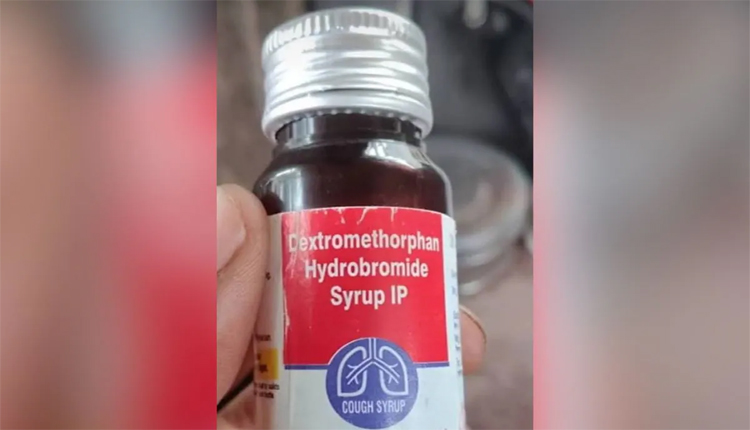Bhopal: In a twin assault on public trust, India grapples with heartbreaking child fatalities from tainted cough syrups in Madhya Pradesh and Rajasthan, even as ideological furies ignite a violent clash at Jawaharlal Nehru University (JNU) during Dussehra festivities.
These incidents lay bare systemic fissures – from regulatory lapses in healthcare to simmering campus polarisation — demanding urgent introspection.
The syrup scandal has claimed at least 11 young lives, with nine children succumbing in Madhya Pradesh’s Chhindwara district over the past month to acute kidney failure. Symptoms began innocently — coughs and fevers — but escalated fatally after doses of Coldrif and Nextro-DS, distributed via government health centres. In Rajasthan, tragedy struck in Sikar, where five-year-old Nitish Sharma died hours after a community clinic prescription; Bharatpur lost two-year-old Samrat Jatav on September 22; and additional cases in Banswara and Sanganer have left more children critically ill.
Investigations point to diethylene glycol (DEG), a toxic industrial solvent far exceeding WHO limits, echoing 2022 scandals in Africa and Uzbekistan tied to Indian exports. A Bharatpur doctor, attempting to “prove” the syrup’s safety by swigging it before parents, collapsed unconscious hours later, amplifying outrage. Authorities have banned 22 batches, halted supplies from firms like Kayson Pharma and Kataria Pharmaceuticals, and dispatched National Centre for Disease Control teams for sample tests. Yet, as probes drag, families mourn and experts decry delays in recalls, questioning if free medicine schemes are unwittingly serving poison.
Meanwhile, JNU’s campus turned into a battleground on October 2 during Durga idol immersion and Ravan Dahan. ABVP’s effigy – heads bearing faces of jailed activists Umar Khalid, Sharjeel Imam, Afzal Guru, and Naxal icons like Charu Mazumdar – symbolised “anti-national ideologies” for the right-wing group. Left outfits, including AISA, SFI, and DSF, decried it as Islamophobic propaganda, sparking stone-pelting near Sabarmati T-Point that injured several, including women. ABVP accused Left groups of assaulting the sacred procession; AISA hit back, branding it a ploy to communalise education. JNUSU demands the isolation of “hate politics”, given that the university’s global ranking is at risk due to recurring religious rifts.
These crises – a poisoned cure and a fractured academia – compel action: stringent drug audits and dialogue over division. Will India heed the cries before more innocents pay the price?



Comments are closed.